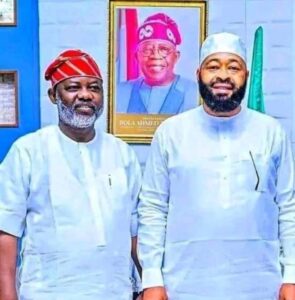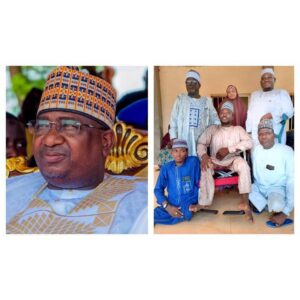
By Ruth Yohanna
The Fulani tribe in Nigeria are often profiled as volatile and intolerant group while others call them naive and igorants. How true is the above statement?
Originally Fulani ethnic group are nomads, however, as a result of modern civilisation they are divided into two the nomadic and the city dwellers.The city dwellers live with their families and engage in not only cattles rearing and herding but in other agricultural businesses such as farming, fishing, trading of farm produce among other commercial activities.
The city dwelling fulani are refined sociable and shy. They send their children to both Islamic and western schools to acquire knowledge, in fact history reveals that most of the individual that emerged leaders of the country from northern Nigeria are Fulani. For example, Sir Ahmadu bello (sardauna), Umaru Musa Yar Adua, President Muhammadu Buhari to mentione but a few.
On the other hand the nomads are the type of Fulani that live their lives in herding their cattles. They settle temporarily in their bukka and proceed to other places of greener pasture.
People often complain of their crude nature and they appear to be afraid of strangers, they have no education and are conservative .
Sometimes those Fulani nomads are seen with deadly weapons in their possession such as AK47 riffle, cutlass, matchetes etc
Farmers /herders clashes is also one challenge bedevilling the Nigerian society. Myriads of complain have been filled by farmers regarding the trespass of Fulani herders unleashing damage to their crops on their farmland by the fulani beasts.
Despite all these, all the faults cannot and should not be reduced to the Fulani. People often see them as gulible and uncivilized thus, often cheated on them. The Fulani complain of being robbed of their cattles, farmers farm on their route and as being looked upon as uncivilised , they had no choice but resort to self help (jingle justice).They have no one to protect them, hence, they protect themselves.
This write up is not to take side but, rather present state of things as they are with high sense of responsibility and objectivity.
Therefore, if government is to do justice, both parties should be given the needed consideration.
People of the west and south should know that the Fulani are Nigerians too. They contributed to our economy in innumerable ways.
Ruth Yohanna writes from Mass Communication Department of Abubakar Tatari Ali Polytechnic Bauchi


